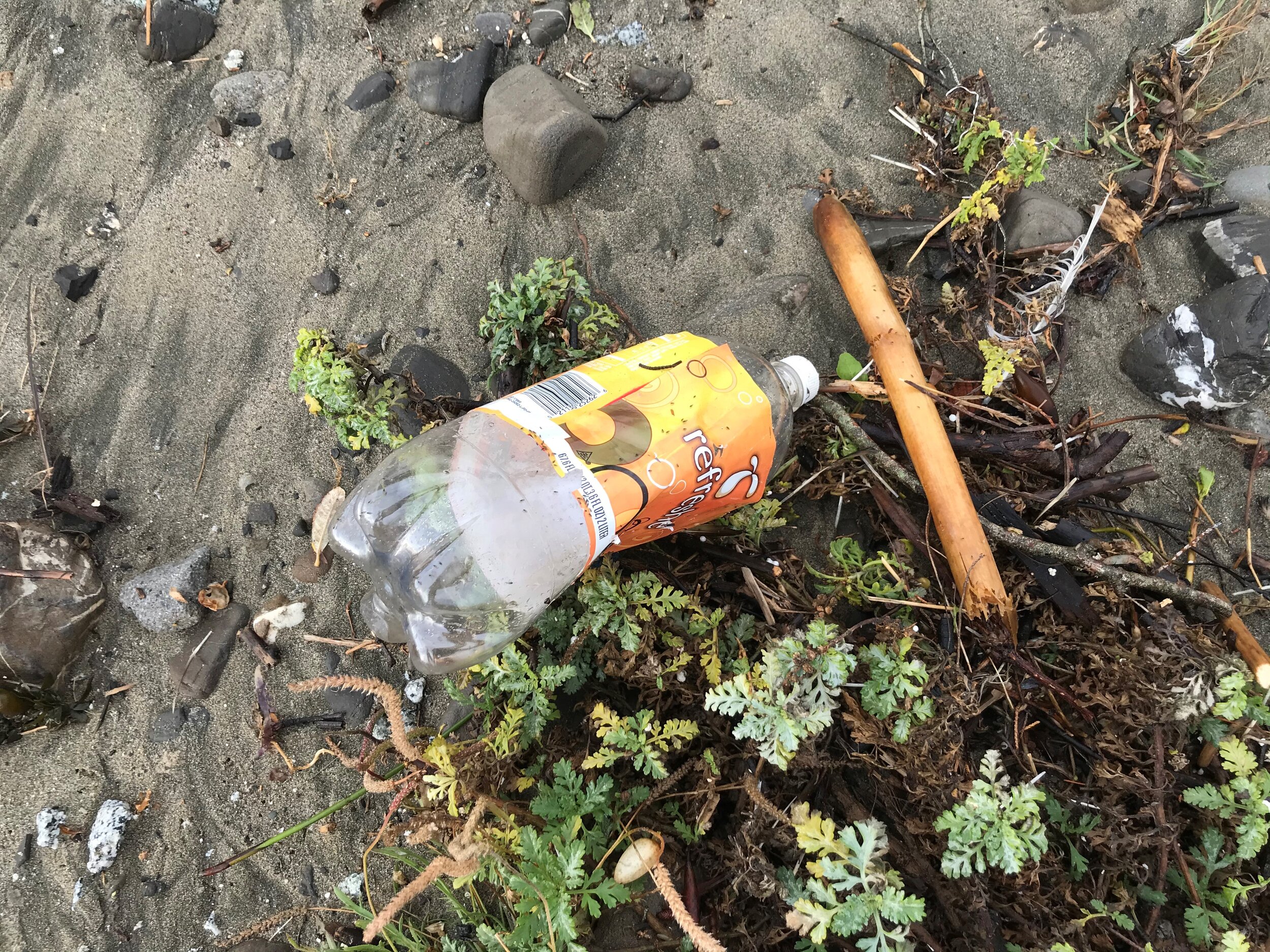First Flush - First Reports not Good
First off - Happy Thanksgiving! Today reminds us how thankful we are to live in such an idyllic hamlet on the edge of the North American continent, and what a great community the people of Pacifica have created here.
The “First Flush” is the first big rain of the season in which the most concentrated runoff of pollutants enters the storm drains, and flows into the creek and eventually out into the ocean. All the oils, detergents, dirt, debris, fertilizers, pet waste and other pollutants that have built up over the last dry season were mobilized on the night of November 26, 2019 and transported to San Pedro Creek.
What exactly was transported to the ocean, we do not know but I can tell you that it didn’t look too pretty this morning - and smelled worse! We are trying to get San Pedro Creek tested in an area-wide “First Flush” survey conducted each year by the San Mateo RCD to help us better understand the sources of pollution in the creek. Last year’s results for different watersheds can be found here:
http://www.sanmateorcd.org/wp-content/uploads/2015/11/SAM_First-Flush_Presentation_2018_Website.pdf
Mouth of San Pedro Creek 2019 11 27.
Garbage at the south of San Pedro Creek 2019 11 27, washed down in the winter’s “First Flush”..
Detergent bubbles in a natural waterway are not a sign of cleanliness. It’s an indication of raw sewage and other contaminants in the water.
I suggest staying out of the surf for the next 72 hours but the high tide did push some saltwater into the estuary, hopefully delivering some adult steelhead from the ocean to their natal creek to spawn:
Mouth of San Pedro Creek with ocean swells pushing salt water up and into the estuary.



